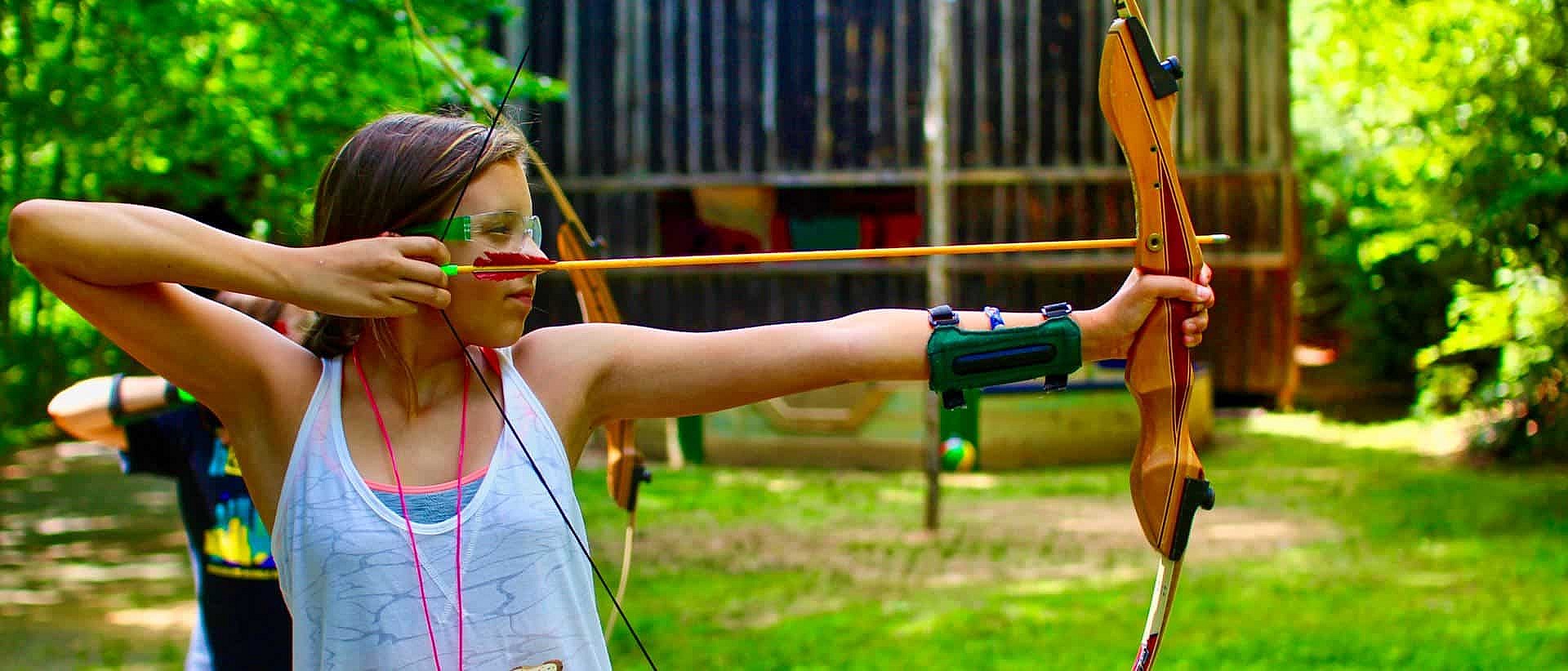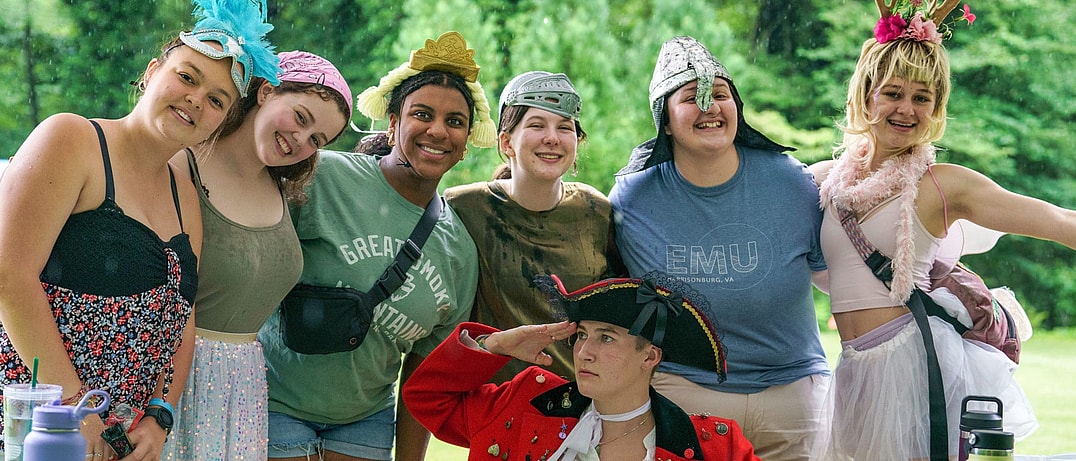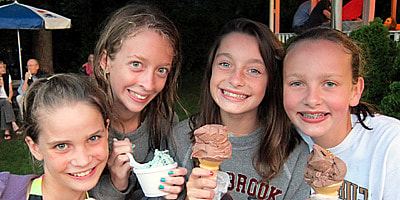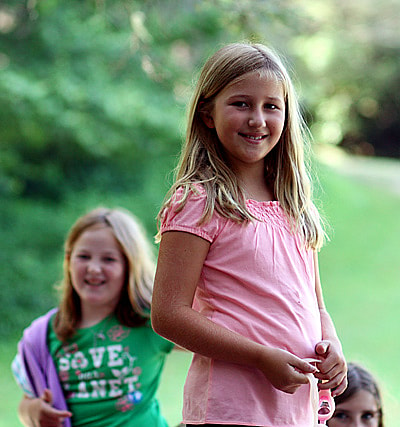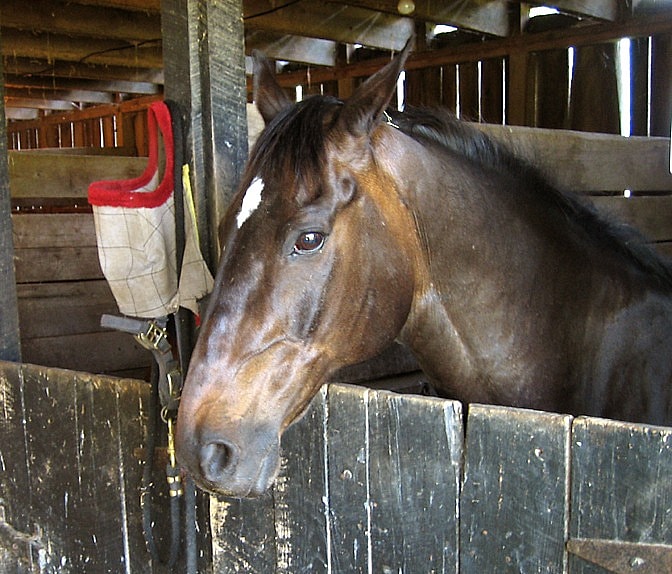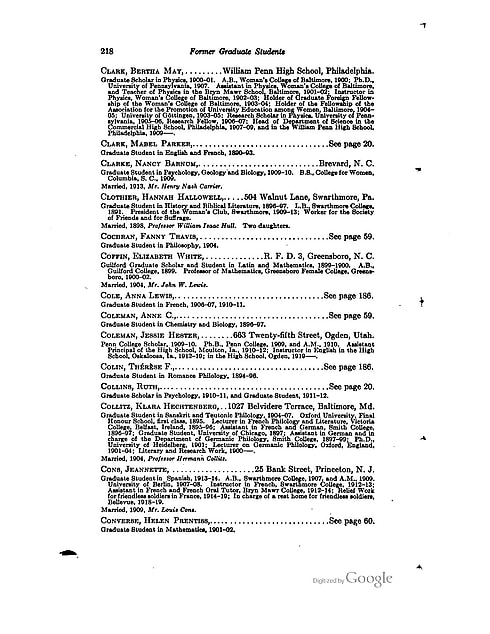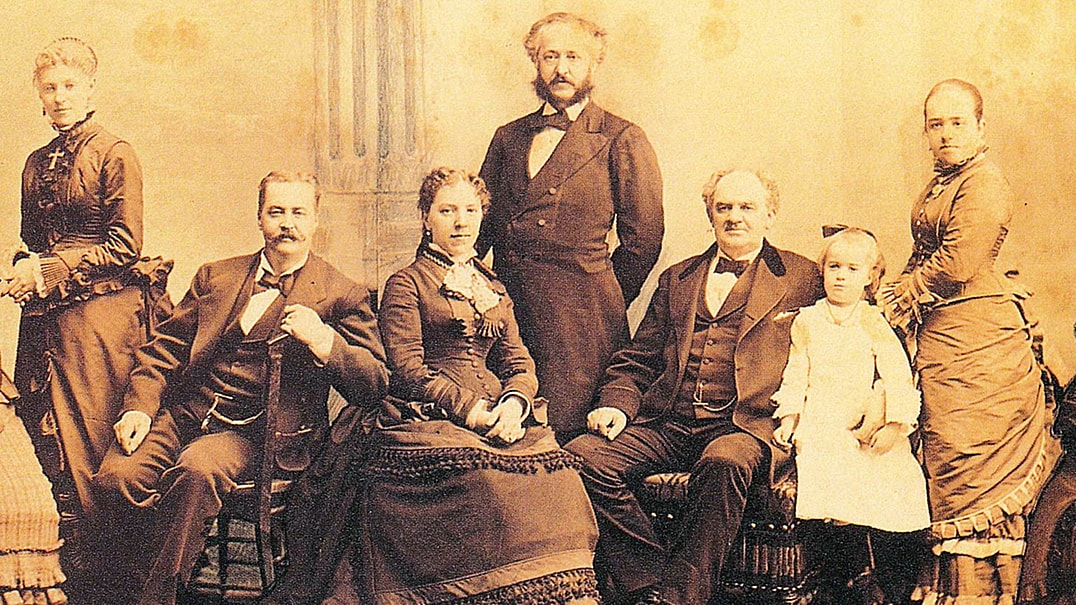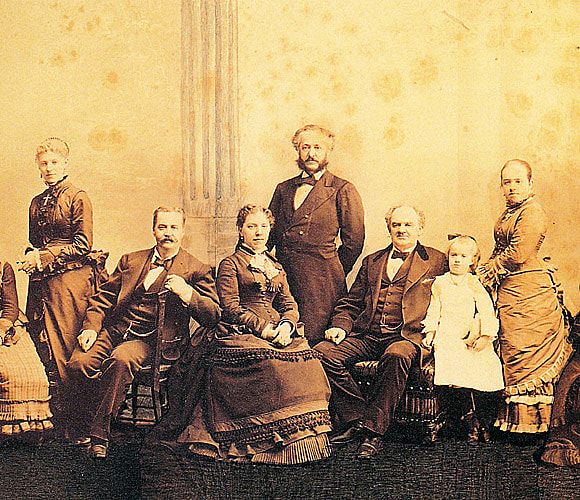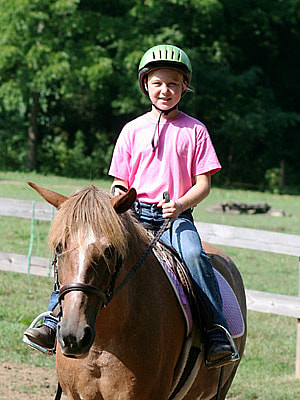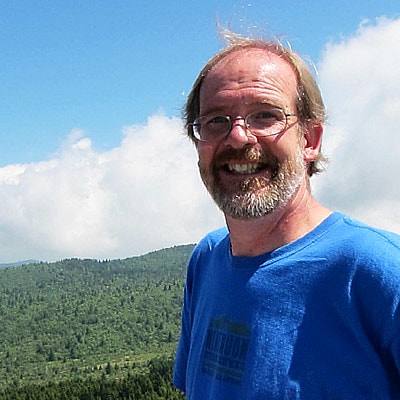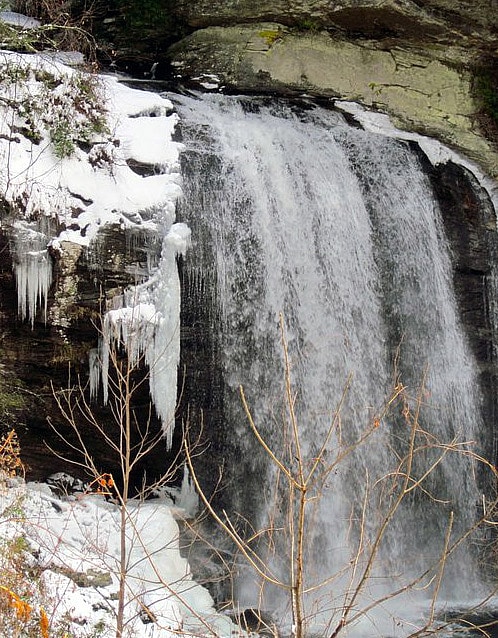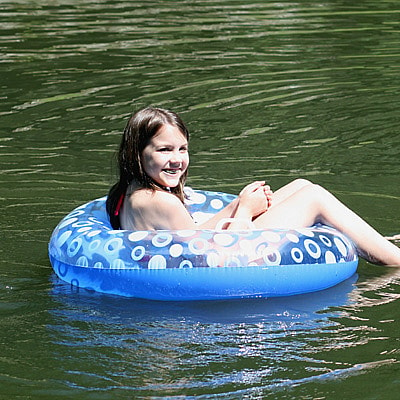There’s big news coming out about western North Carolina summer camps. Back in March, the North Carolina Youth Camp Association and the American Camp Association, commissioned researchers at North Carolina State University to study the economic impact of summer camps in this region. Using online surveys, Dr. Michelle Gacio Harrolle and Dr. Samantha Rozier-Rich led the effort to measure all of ways camps contribute to the local economy. Certainly the camps themselves purchase local goods and services and hire regional employees, but camps also bring to the area staff members and families who likewise stay in hotels, eat at restaurants and visit local attractions.
How much does all this add up to? There are approximately 50 summer camps in Buncombe, Jackson, Henderson and Transylvania counties, so how much do they collectively add to the local economy? Or put differently, if the summer camps were hurt, how much could the economy be hurt?
Back in 1998 a similar study (same counties in North Carolina) showed summer camps generating, each year, almost 100 million dollars for local communities.
Today, the results of the economic impact study show a dramatic increase. The total economic impact of summer camps on these four NC counties is 365 million dollars. This is the total of direct, indirect and induced spending by the camps, their camper families and employees over one year, and reflects just how vital the summer camps are for the people in western North Carolina.
The full results of the study will soon be reported on the North Carolina Youth Camp Association’s Web site, but here are a couple of points from the executive summary.
- 53,238 families were surveyed for the study
- $33 million in annual tax revenues are created by camps
- 49,665 families visited the region specifically for camp
- $2,096 is the average expenditure per non-resident family while in the area
The effect of summer camps on local economies is far greater and more significant than most people would likely guess. With this study, we can finally quantify the crucial role camps play in western North Carolina.


